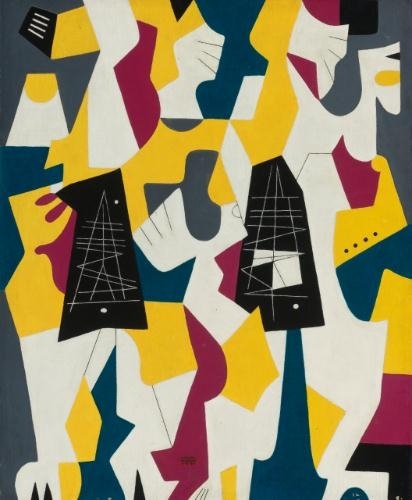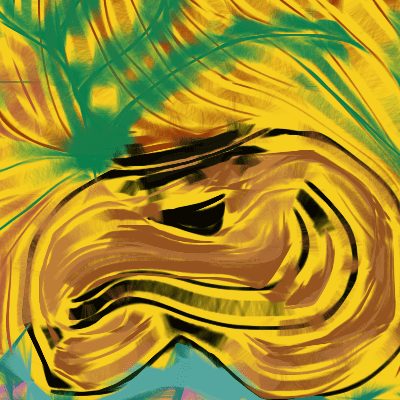March 21st is a day which celebrates both the power of poetry and calls for the elimination of racism globally. Today’s post shares the words and pictures of poets and artists speaking to the need for justice and for poetry.
As the great Salvadoran poet Roque Dalton said, “poetry, like bread, is for everyone.” Even those whose lives have been condemned by the inhumanity of enslavement, dispossession, ethnic cleansing and genocide.
From the colonization of Turtle Island and South America, the looting of African countries, the Caribbean, the destruction of Haiti’s chances as a sovereign Black revolutionary state , the creation of the state of Israel and subsequent occupation of more and more land of the Palestinians, these are the multiple spaces in which poets cry out to be heard as they offer us both reflection and hope that another way is possible. By amplifying the culture of peace and protest through poetry and art, we create cracks in this brutal hegemony “where the light comes in.”
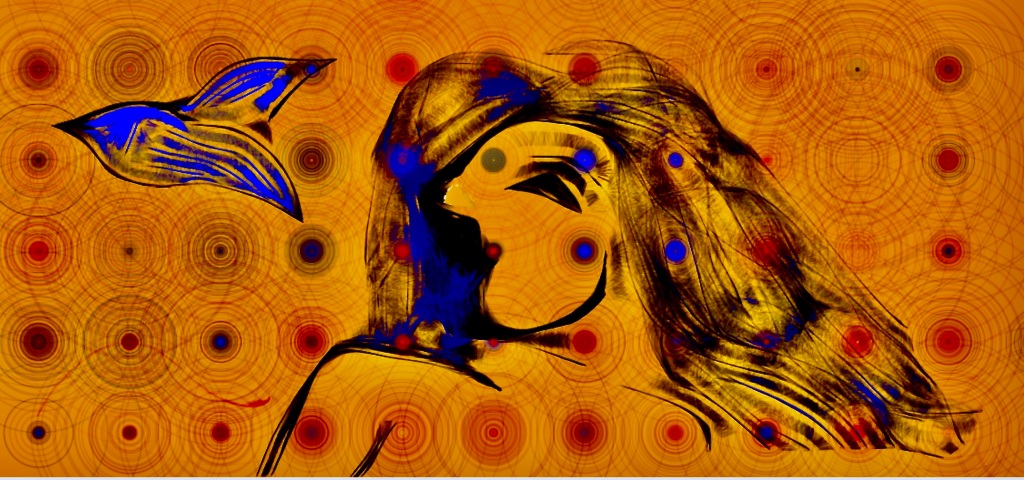
POETRY FOR PALESTINE
by Mahmoud Darwish,
translated by Fady Joudah
Good morning Gaza
get up, drink my coffee, and rise.
Our funeral has arrived.
Good morning Gaza,
get up and recite
the verse of return
to a land we have carried
like a tattoo on the hand.
Good morning, you stranger to your house.
Not all God’s earth is Rome
even if your flesh is a window-shop
for the masters of words. Your flesh,
is it Christ’s brittle bread?
Good morning, you offering on the altar of the Mediterranean basin,
cut your path short. You’re a prayer rug for idolators,
a cave of ancient civilizations, a tent for bedouin rulers,
you’re the armor of the poor and the alms of millionaires.
They auction you as surplus to the market’s demands.
And you are the dream of Palestinians on the streets,
a river of bodies in one.
Good morning Gaza.
Get up.
Gather your one arm.
The one you have left.
Good morning Palestinian flesh on the tables of ministers and presidents.
You’re a stone
of solidarity and balance
among your executioners.
Not even your language protects you, so take a short cut.
Your flesh legitimates the police and the saint,
they swap names, take turns, merge, bond, and sometimes split
into two kingdoms that war over you,
but when you rise,
they reunite over your flesh.
You’re the geography of chaos, the history of this East, so take a short cut.
You’re a field of experiments for both heavy industry and light.
An encyclopedia of gunpowder, from the age of the catapult to the rage
of missiles that were manufactured in the West.
Palestinian flesh, in tribal nations and suited states
that disagree over the price
of potatoes, leather shoes, beets, crude oil, but agree
on expelling you from your blood,
gather in one arm,
gather as one, and write
the verse of return.
—From “The Final Meeting in Rome” by Mahmoud Darwish, translated by Fady Joudah
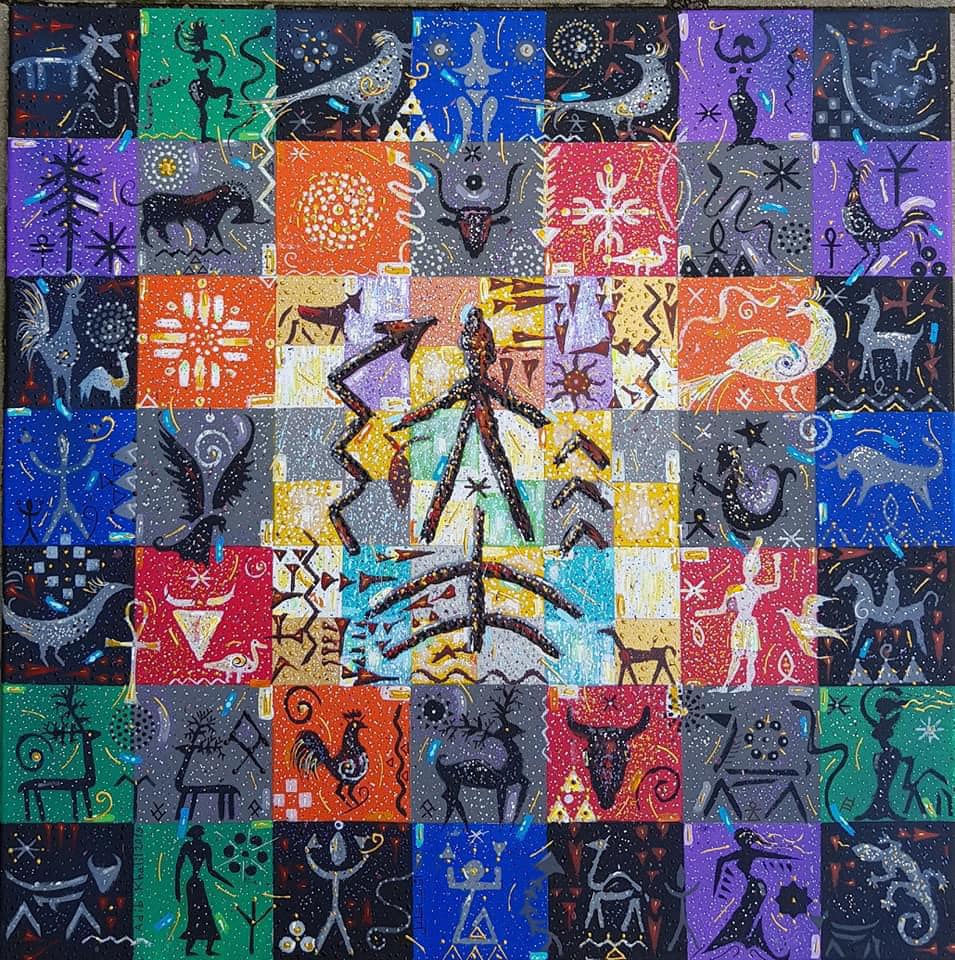
Untitled, December 30, 2023 Nasser Rabah
And a day goes by, and tanks, and the sky a festival of kids flying kites, and blood
flowed behind a panting car.
And a day goes by, and the planes, and the tent of the displaced makes a bet
with time: winter is late.
And a day goes by, and the snipers, and the market itself has no salt: so I said:
No worries, the merchants have plenty of sadness.
And a day goes by, and artillery, but my neighbor’s funeral passes along
slowly, why rush at a time like this!
And a day goes by, and the newscasts, and when evening came, it was a bit
joyous to find us all there with none missing, except the house.
(Translated, from the Arabic, by Emna Zghal, Khaled al-Hilli, and Ammiel Alcalay for the Brooklyn Translation Collective.)
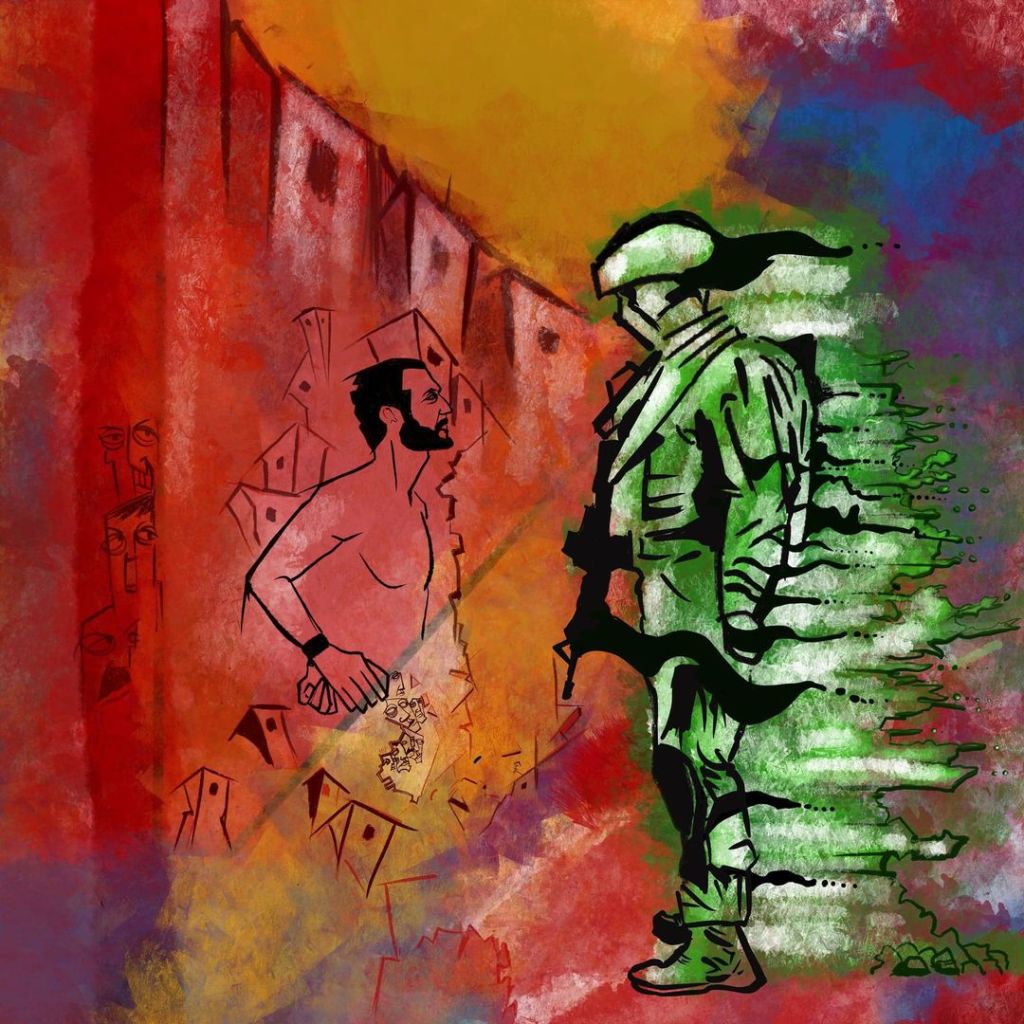
From Bomb Magazine, I found the following description of the life of Otto Rene Castillo, poet and revolutionary from Guatemala. Otto René Castillo was born in Quezaltenango, Guatemala, in 1936. He was a student organizer from 1954 and was exiled for the first time at the age of 17. During the next ten years he was tortured and imprisoned several times but managed to study both at the University of Guatemala, and at the University of Leipzig. In 1955 he shared the Premio Centroamericana de Poesía with the Salvadorian poet Roque Dalton. Castillo came back to Guatemala for the last time in 1966 and joined the ranks of the F.A.R. (the Armed Revolutionary Front). In March 1967, after eating nothing but roots for 15 days, his guerilla group was ambushed and captured. After four days of torture Castillo was put to death and burnt on March 19.
Exile,
Otto Rene Castillo, (Trans. Margeret Randall)
I
My exile was made of cries.
The infinite face of police, grey
on my insufficient features.
The great tables of hunger beyond the fist
full of dollars that violates the land.
The bags packed every month,
ready to wrap up the exodus
of tears and dust.
I walked strange shores
in search of my country’s face.
Dawns of gulls followed me.
I received the brutal embraces
of he who discovers a cataclysm of roses
in the most hidden places of his soul;
touch of hands in the nights
of escape, where the liquid eyes
of our mother burned,
her ageless dimension of cottonwood,
branches up
defending the city of birds
from the endless assault of water.
I was a tear of my country
rolling down the face of america.
Because I am one of those
who still carry
maternal winds
in the pores of his blood.
One who cries swallows
when he dreams the face of his infancy.
One who runs after agile butterflies.
And who sails his paper boat
every winter afternoon
I am the only young tide
of my people.
And yet I say:
tomorrow my long hair
of fish
will be white.
My face will be wiped out
by hands of fog.
The shape of my bones
will be lost in a wind
of ash.
But my heart
will be a whole soldier
with flags flying.
II
You, who sell my country,
listen:
Have you heard the land walk
beyond your blood?
Did you ever wake up
crying from the sound of your pulse?
Sitting at the cafe in a far off land
one winter day
have you listened to men speaking
of your fight?
Have you seen the moribund exile,
in a dirty room, sprawled
on a bed of planks,
question the vague stature
of his children far from his love?
Have you heard him combing his laughter?
Have you once cried on the great belly
of our country? Have you been victim
of that accusation:
communist! because you were different
from the deifying sheep of the despot?
Have you watched as the sweet seamstress
planted a tender kiss on the oily cheek
of her prince the mechanic?
Or pressed the calloused hand
of the workers who build
the world’s collective destiny?
Have you seen poor children laugh
Salesman of my country, your silence
is greater than all your cash.
And you, the indifferent, what do you say?
Silence!
You do not answer,
Don’t open your mouths
if you can’t
answer in protest.
One last painful question for all:
Do you even know what exile is?
Oh, you will know! I’ll tell you:
exile
is a long long avenue
where only sadness walks.
In exile every day
is called simply: agony.
And one more thing, salesman and indifferent
of my land. In exile you can lose
your heart, but if you don’t
they’ll never be able to kill its tenderness
nor the powerful strength of its storms.
